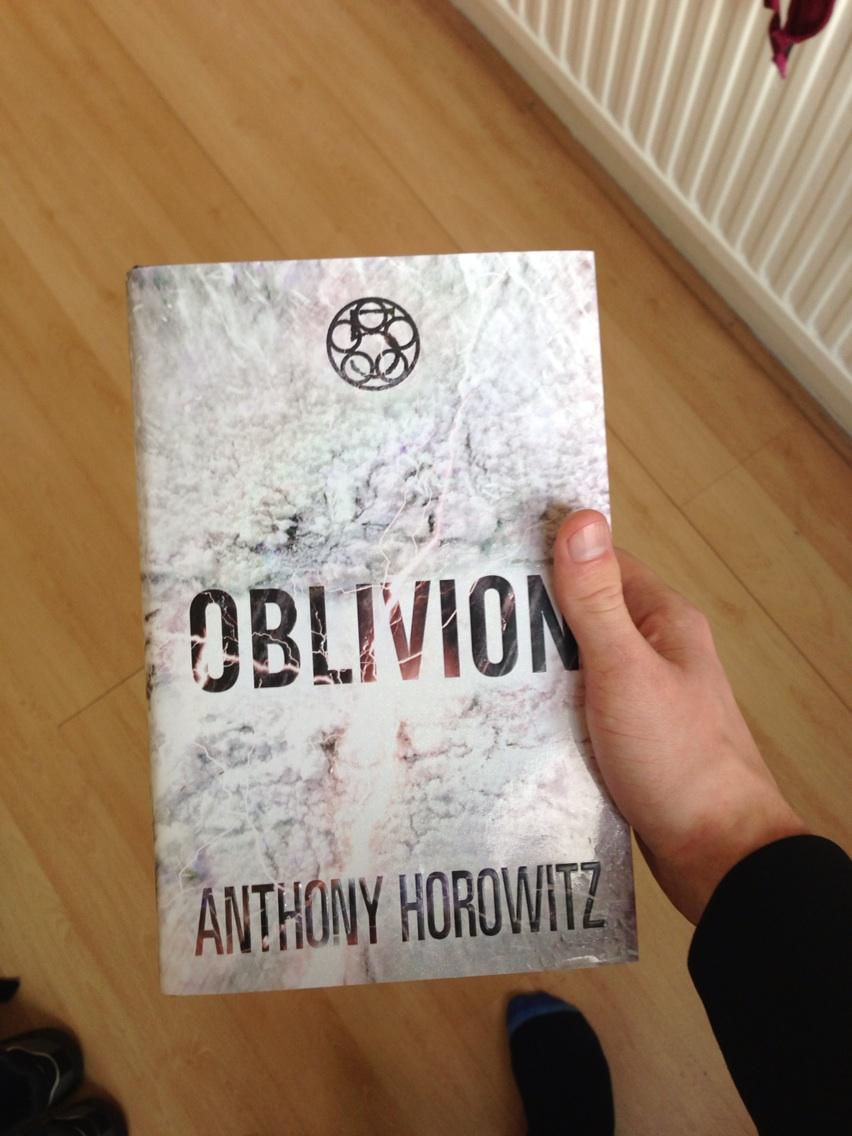5
(Read October)
I’ve been waiting for this book so long that the
day it arrived I couldn’t bear to do anything else. Anyone who has read these
books (or frankly, ANY of his books) can attest to the fact of how long he
takes to publish them. This is the last in a 5 book series, with the fourth
book having been published in 2008…that’s four years of waiting for one book. I
hoped it was worth it.
In general, I’m going to have to say it was. The
book was true to form in terms of quality of writing and imagery, and it
managed to bring you back up to speed without the necessity of reading all the
books again, which I definitely appreciated. It also began with a really nice
twist that prevented him from copping out on something he was in his rights to
do. Yet this ‘twist’ also meant he could revamp the story- give it a different
setting, a different feel, and also a much greater urgency and challenge. I don’t
want to say what it was, since I really liked the feeling when I found out, but
I’ll just say that in no way could on predict it.
Getting to the story itself…uh. Mr. Horowitz
really knows how to keep me on edge. Anyone who has read some of my other
reviews can attest to how much I love (adore, desire, need) the fantasy “power”
element in these kinds of books. They will either make or break the book for
me, because they need to be grand, majestic and powerful without being showy
and over-the-top. What can I say, I’m a hard man to please. But I meet my match
in this man. Whenever he does the scenes with the powers, I can hardly contain
my delight and my squeals of glee, but, knowing this, he very rarely let’s me
have this feeling but because I love it that much, I would read on longer
(lacking any part with powers) to ultimately reach that moment when I manage to
squeeze some more of the unearthly delight out of him. It’s exhausting and
wonderful all at the same time.
What’s a really well-done part in this book is the
dystopian side of things too. The Old Ones have really gone to town on the
world and it’s nice to see supernatural abilities in a decrepit, dystopian
settings [1]. I’ve
come to love survival type shows and scenarios during my hiatus, and dystopia
offers a really nice outlet for this.
My opinion of the characters hasn’t changed. I
still like Scarlet, Jaime and Richard but I find Matt increasingly frustrating.
I do still lack him but, gah! That boy needs a slap across the face sometimes. My
recollection of this book was also that not much time was spent exploring the
characters. They had their moments and their conversations, and every few
chapters we change perspectives so we can always see what they’re thinking, but
I didn’t learn much else about them and it was relatively minor as a part of
the book.
As with the Rise of Nine, the ending was
disappointing for me. It was tremendously well-written. I’ve never been so
sickened and heart-broken and moved by a YA-style book. I also kind of think
this relatively traumatic ending coloured the rest of the ending for me- I wasn’t
over it by the time the book ended. But in other ways, it was a little rushed and
predictable. It seems that something that had happened previously was rendered
obsolete for the sake of plot. But like I said, I’m a bit biased.
I loved these books: I love this book. I’d
recommend anyone to read them, and I’d physically drag them around the store
until they stepped out, the series in hand. But at the same time, I’m going to
warn you. You get attached to the characters, even if sometimes you find them
annoying or too quiet: maybe because of everything they have to go through. And
then this book goes and snaps your heart in too, a malicious gleam in its eye,
and blood dripping from it’s monster of a mouth. And crazily, you’ll love it
while you’re hating it.
[1] If
I was to ever write a book or a story, this is exactly the kind of thing
I would write. I’ve known this for nigh on 4 years now. Funny, huh? J
























